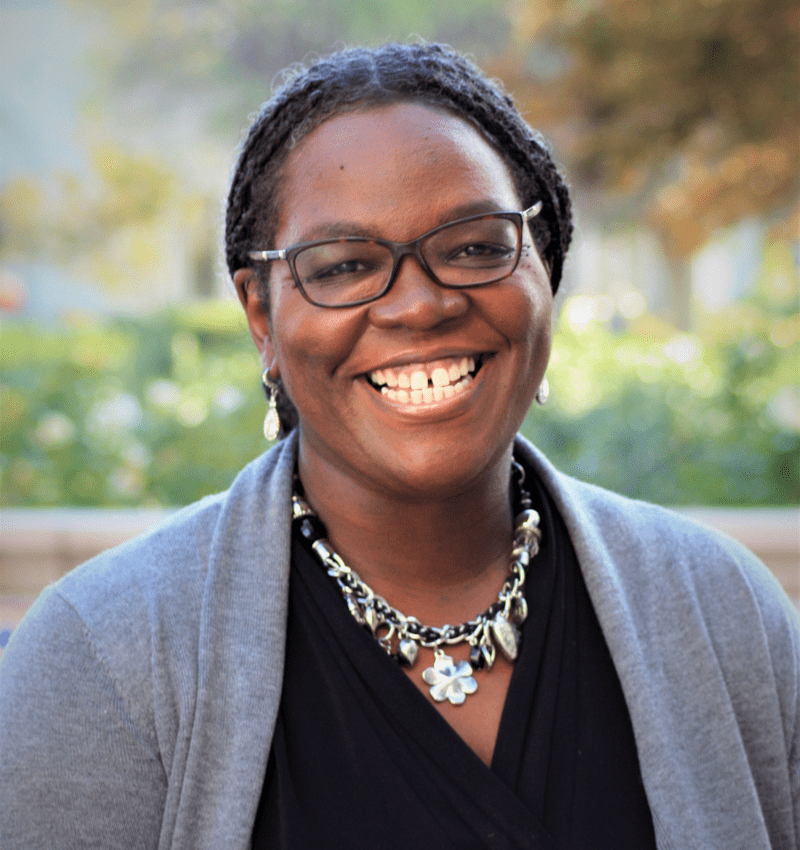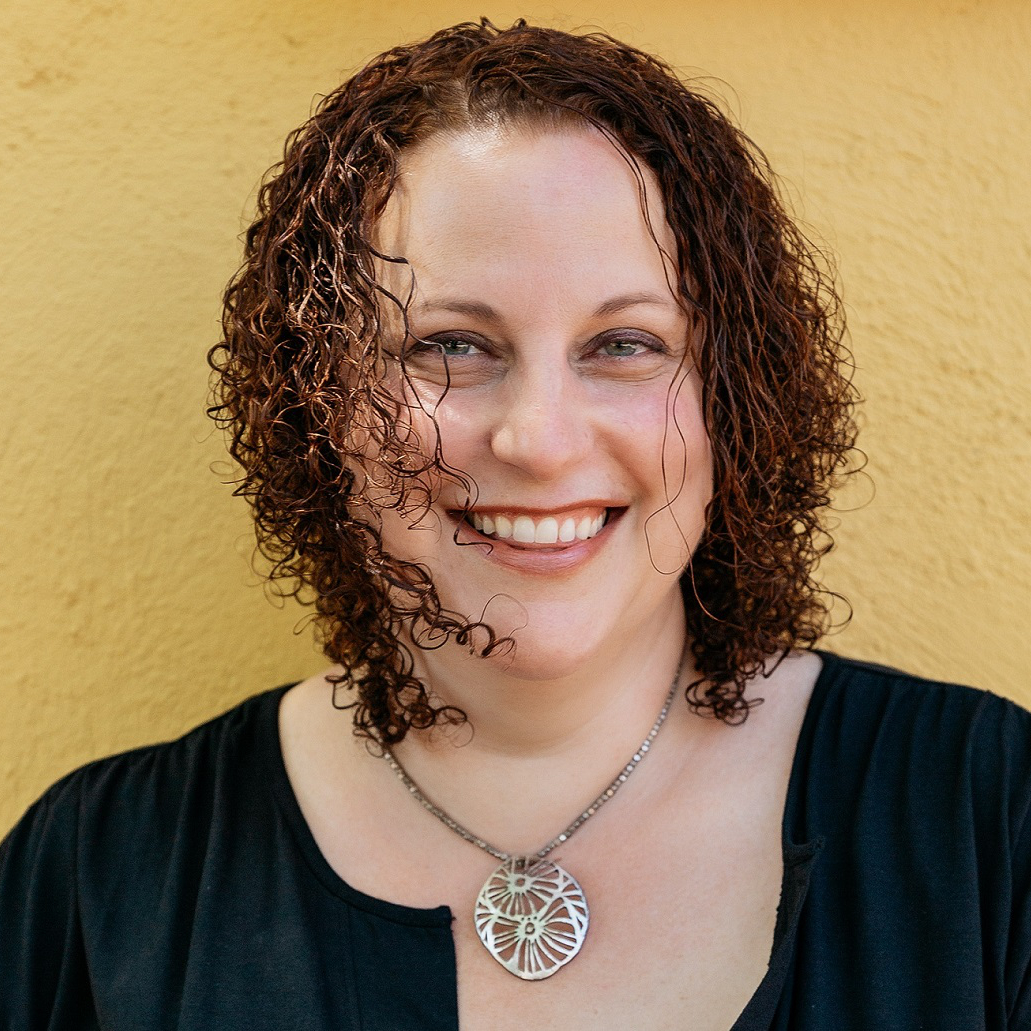By: Joi Spencer and Kerri Ullucci
Joi Spencer is professor of mathematics education at the University of San Diego and the incoming dean of the School of Education at the University of California, Riverside. Kerri Ullucci is associate professor of equity and diversity at Roger Williams University, Bristol, Rhode Island.
Together they are co-authors of Anti-Blackness at School: Creating Affirming Educational Spaces for African American Students (Teachers College Press, 2022).
As we mark the launch of our new book, Anti-Blackness at School: Creating Affirming Educational Spaces for African American Students, we (Kerri and Joi) are thinking about what has stuck with us, months after we finished our writing. For Kerri, it’s this: White children learn how to treat Black children at school. Below is a glimpse into our back and forth as we think through this observation together, and what it means right now.
Kerri
While writing our book you shared this reflection with me, drawn from your experiences as a young Black girl at school. Despite being far beyond grade level, you were consistently passed over at school by teachers who refused to see the intelligence right in front of them. I remember you telling stories of your equally talented (Black, male) friend, who fared no better. For both of you, proving your capacity as students was a perpetual uphill battle. As we share in the book, “Black intelligence is seen as something out of the ordinary. This racialization, then, becomes the lens through which non-Black children encounter African American youth. These early experiences of Black youngsters as inferior, unimportant, and even dangerous become the foundation for a society in which Black people are routinely marginalized. In other words, we teach non-Black youngsters how to treat Black youngsters in school every day.” (pg.36). This observation struck me hard.
Joi
You can see a bunch of problems. Black children are being underestimated and overlooked. White children are learning how Black children are treated. All children see this. All children learn from these interactions.
Kerri
I was struck by this observation because it is so obvious, and also so uninterrogated. I am thinking about this phenomenon a lot now. We know our students are watching us. They are always watching. They watch what we do and what we don’t do. Who we correct and who we let slide. Who we forgive and who we write off. What we include and what we omit. What lessons are they gathering now, in the battle over Black books, and critical race theory and teaching about race and culture in schools?
Joi
I read a piece in the Washington Post recently looking at how students experience the culture wars at their school (Ottesen, 2022). A student named Renee, a high schooler in central PA, talks about how she fell in love with reading because of Black authors like Jason Reynolds and Angie Thomas. She talks about the power of seeing her culture, speech patterns, and ways of being in these books. Her high school went on to ban books by these authors, as many, many schools across the country have done. Renee talks about how completely wrong this decision was, how hurt she was to see books that represent her on these lists. The banning of these books isn’t some abstract political wrangling to her. Rather, it is a personal blow.
Kerri
I fear that in the national conversations about critical race theory, teaching about racism and the removal of books by authors of color and folks in the LGBTQ community, we focus on the adults: what they want and what they argue over. Media coverage looks at school board meetings and the noise and anger created by adults. It’s adults and their wants that are in focus; lesser attention is paid to students. What does it mean when your school bans books that represent you? What does it mean when schools refuse to teach Black history? What does it teach White youth? What does it strip away from Black youth? How are all youth harmed?
Joi
As a youngster growing up in an integrated, yet highly racialized society, knowing the history of my people was a steady armor of protection. While it hurt deeply to be disregarded and treated with less respect than my white peers, deep down, I knew the truth of our story. I understood what our people—Black people—had overcome in this land. Our ingenuity, brilliance, strength and unimaginable faith was etched in my psyche through the books that I read. James Baldwin, Maya Angelou, Alice Walker, Malcolm X, DuBois, King and our griots Woodson, John Hope Franklin and so many others were my constant companions. They gave me language and context to understand what I was experiencing and enough perspective to persist despite my present challenges. My knowledge of my true story allowed me to survive and even thrive because I was free in my mind. When we remove Black students’ access to a deep understanding of race and racism—realities that they are certainly facing—we deny them of the tools that they need to flourish. The removal of books that address racism and critical race theory is about maintaining the comfort of Whites. It gives little regard to the survival and health of Black youth, educators and administrators. It proves a foundational argument of critical race theory: that the interests of Blacks will only be accommodated when they coincide with the interests of Whites.
Kerri
What I am hearing you say is that it’s about content and process. If I am 14 years old and my school is debating whether racism exists, I am learning as much from the process as I am from the content being erased. I am learning that racism doesn’t count, matter or function. I am learning that Black perspectives are not critical or foundational. I am learning that there are folks who are protected (those that yell the loudest). I am learning how White people can disregard others’ realities and insert their worldviews as the norm. I am learning that Black people can be hurt but that isn’t cause enough to change behavior or approach.
If I am 11 and my school bans books by Jason Reynolds and Lorraine Hansberry, I learn other lessons. I learn that White people are authors. I learn there is something suspect about Black writers and their stories. I learn a skewed understanding of the world. I learn that there is something in these books that is making some parents unravel, something undiscussable and dangerous.
I learn that omission and silence are workable options.
I am learning how White people treat Black people.
Resources
Ottesen, K. (2022, October 17). When the National Culture Wars Come to Your School.
Washington Post magazine.
Photo by Mary Taylor


